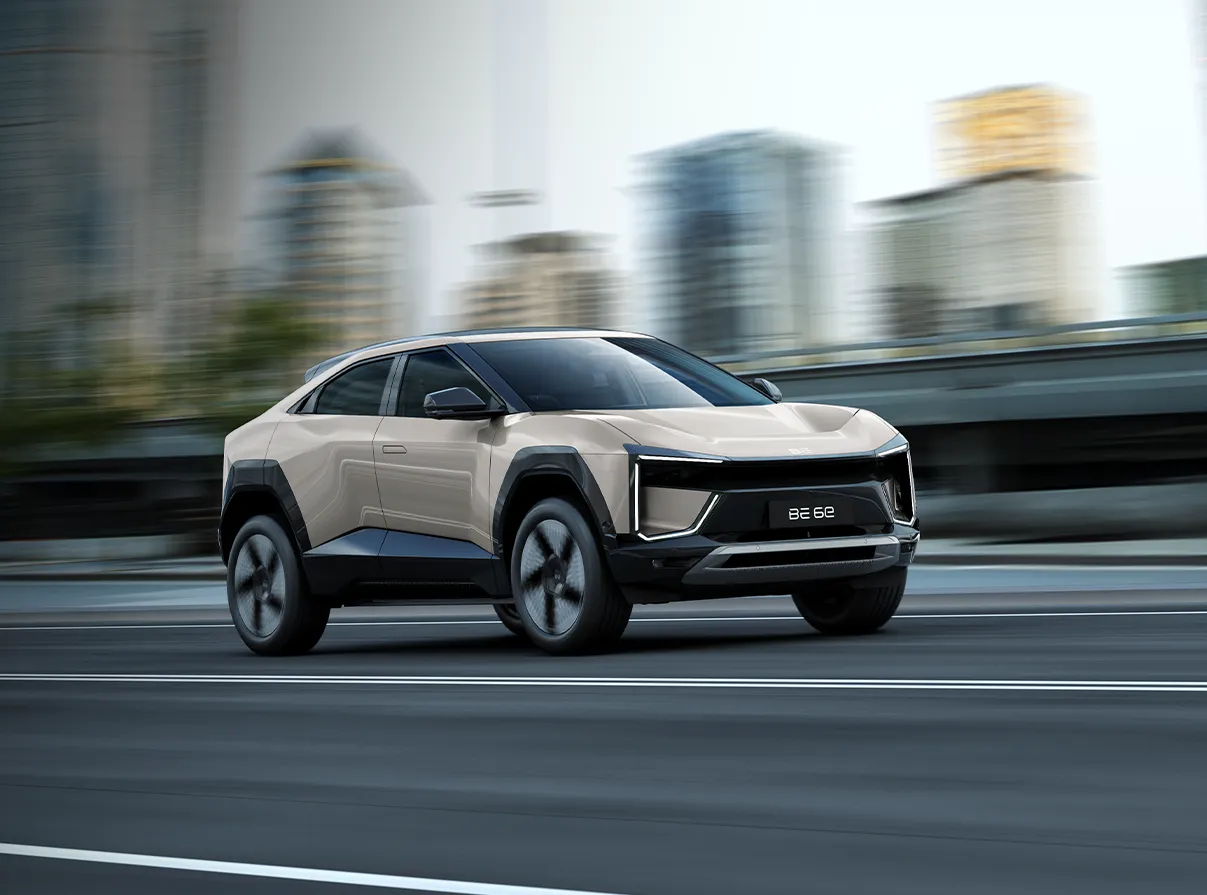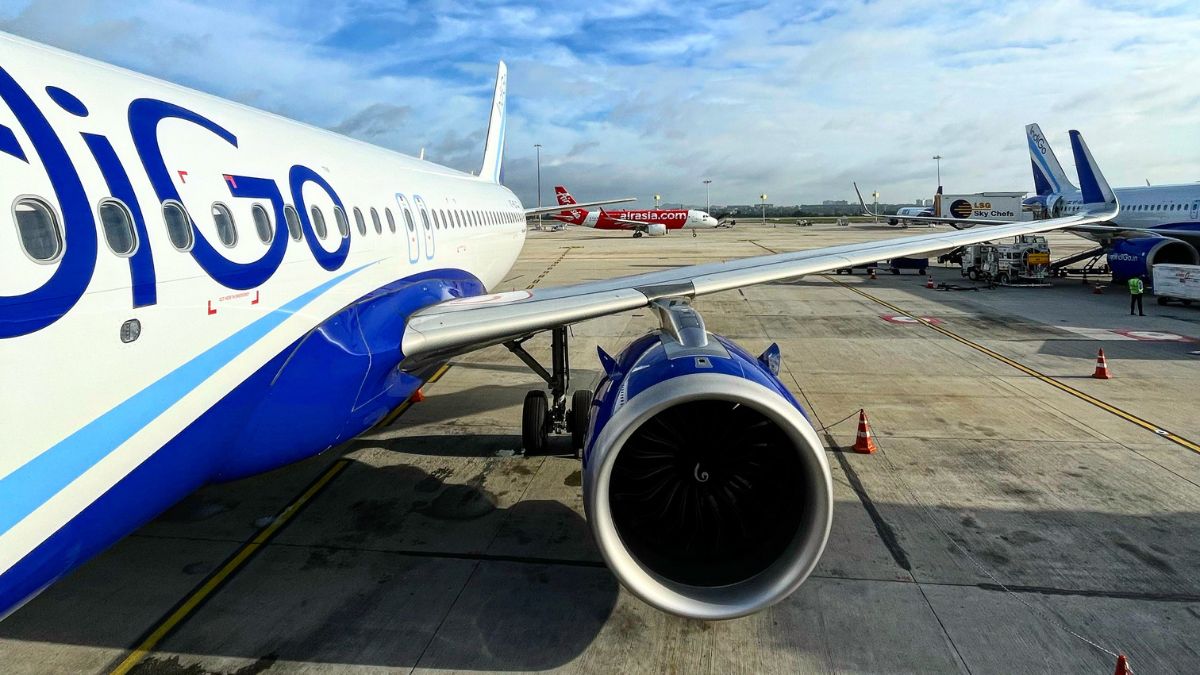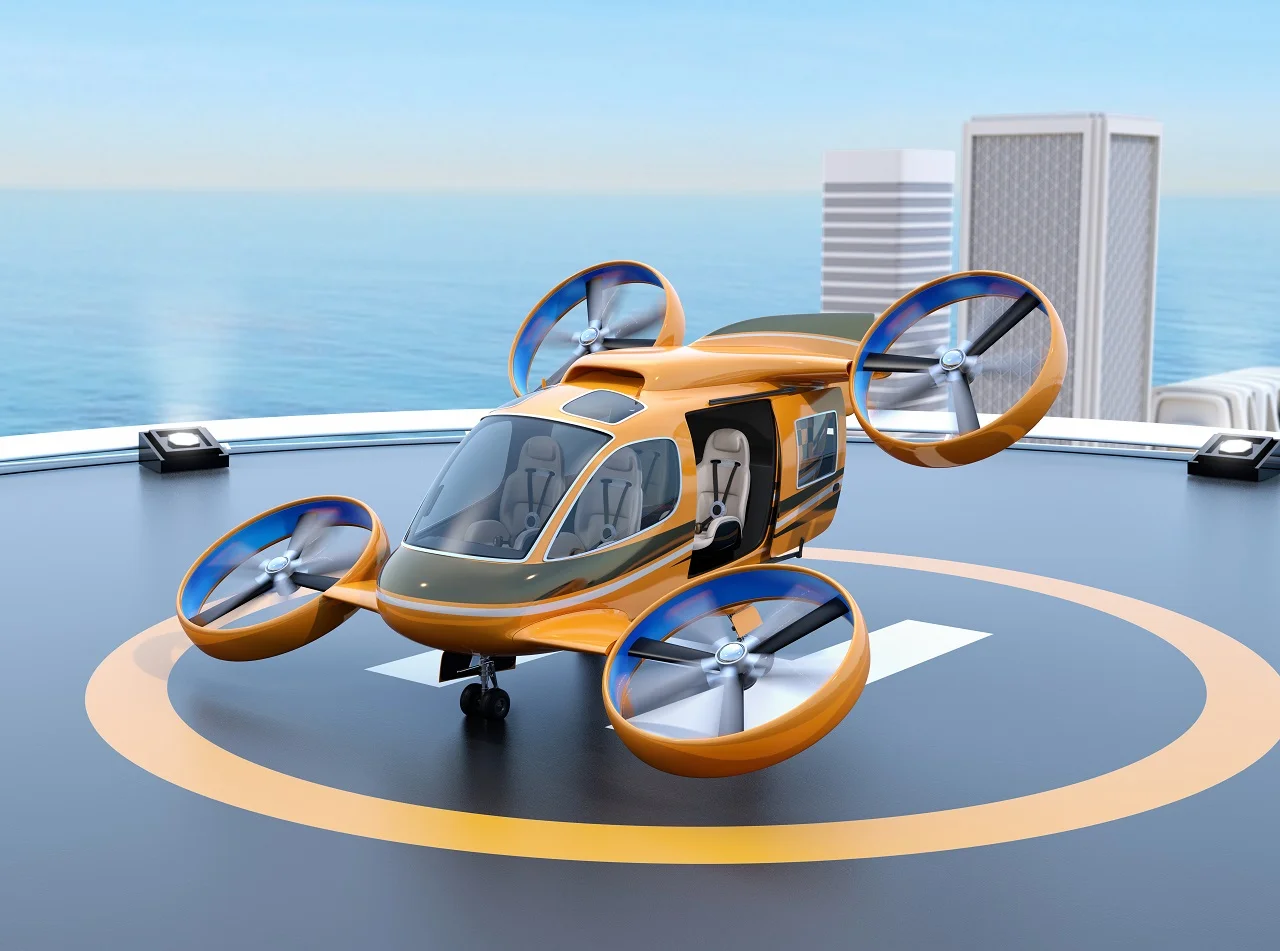
Table of Content
▼In a significant legal development within the Indian corporate landscape, IndiGo, the country's largest airline, has initiated a trademark infringement lawsuit against Mahindra Electric, the electric vehicle arm of the Mahindra Group. The bone of contention is the usage of the '6E' branding, which IndiGo asserts is a proprietary trademark intimately associated with its identity.
Background of the Dispute
IndiGo, officially known as InterGlobe Aviation Ltd., has long used the '6E' prefix as a part of its branding strategy. This alphanumeric combination is prominently featured on IndiGo flight codes and has become synonymous with the airline's brand identity since its inception. IndiGo argues that '6E' has garnered substantial goodwill and is easily recognizable to the public as indicative of their services.
Mahindra Electric, a leading player in the electric vehicle (EV) market, recently unveiled a new range of electric vehicles, branded with the '6E' tag. This move has prompted IndiGo to take legal action, alleging that Mahindra Electric's use of '6E' constitutes a trademark infringement, potentially causing confusion among consumers and diluting the distinctiveness of IndiGo's established brand.
IndiGo's Legal Standpoint
IndiGo’s legal team emphasizes that the '6E' trademark is registered under various classes, covering a broad spectrum of goods and services. They argue that the adoption of the same mark by Mahindra Electric for its EVs infringes on their trademark rights. IndiGo maintains that such unauthorized use could mislead the public into believing that there is a commercial association or endorsement between the two companies, which could harm IndiGo’s brand reputation.
The airline has sought a permanent injunction to restrain Mahindra Electric from using the '6E' branding, along with damages for the alleged infringement. IndiGo is adamant that protecting its trademark is crucial to maintaining its brand integrity and market position.
Mahindra Electric's Response
In response to the allegations, Mahindra Electric has issued a statement expressing their intent to contest the lawsuit. The company argues that the '6E' branding used for its electric vehicles is distinct and unlikely to cause confusion among consumers. Mahindra Electric contends that its products and services operate in a completely different market segment compared to the aviation industry, thereby minimizing any potential overlap or consumer confusion.

Mahindra Electric is preparing to defend its stance in court, asserting that the use of '6E' is a legitimate part of their branding strategy and does not infringe upon IndiGo’s trademark rights. The outcome of this legal battle will hinge on the court's interpretation of trademark laws and the likelihood of consumer confusion.
Broader Implications
This lawsuit highlights the complexities and challenges associated with trademark protection in a diverse and rapidly evolving market. It underscores the importance for companies to conduct thorough due diligence before adopting branding elements to avoid potential legal conflicts.
The case also brings to light the broader implications for the automotive and aviation industries, both of which are expanding their horizons and exploring new market segments. As companies diversify and innovate, the need for clear and distinct branding becomes even more critical to avoid legal entanglements and protect intellectual property rights.
Conclusion
The IndiGo versus Mahindra Electric trademark infringement case serves as a pertinent reminder of the intricate dynamics of brand identity and intellectual property rights. As the legal proceedings unfold, the outcome will be closely watched by industry stakeholders and legal experts alike. This case may set a precedent for future trademark disputes, emphasizing the significance of brand differentiation and the need for robust legal frameworks to safeguard proprietary trademarks.
In an era where brand recognition is a key driver of consumer trust and business success, safeguarding trademarks is paramount. Companies must remain vigilant and proactive in protecting their brand assets to maintain their competitive edge in the marketplace.
Also Read: Top PPF Brands in India for Car Protection
Neha Mehlawat
Neha Mehlawat is an automotive journalist and industry analyst with 10+ years of experience covering cars, bikes, and mobility trends. She tracks the latest launches, technology upgrades, and policy changes in the auto sector, delivering sharp insights that help readers stay ahead in the fast-evolving world of automobiles.

_1772098099.webp)
_1772090295.webp)
_1772088394.webp)


